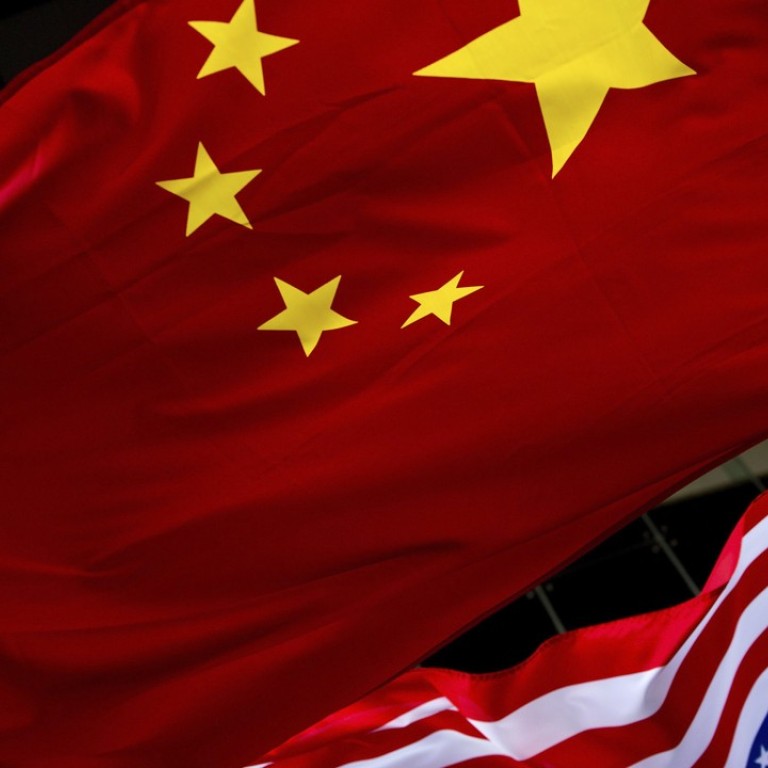
US intelligence says Chinese intellectual theft continues but ‘at lower volumes’
The report published by the National Counterintelligence and Security Centre says China mounts a multifaceted approach to stealing trade secrets
China continues to steal intellectual property and trade secrets from US companies for its own economic advancement and the development of its military but “at lower volumes” since the two countries forged an agreement in 2015 meant to curb the practice, according to a report published Thursday by American intelligence agencies.
The assessment, which also incorporates the findings of private sector security experts, comes amid roiling trade tension between the US and China that has spawned duelling tariffs on billions of dollars worth of goods.
It is unlikely to quell concerns from the White House that China continues to pose a significant threat to American companies.
Watch: Here are a few Trump items that are made in China
The report shows that China mounts a multifaceted approach to stealing secrets, which include computer software source codes, chemical formulas, and technology that can be used in weapons systems.
Though it relies on computer hacking, China also acquires technology and know-how through joint ventures and purchases of companies, academic and research partnerships, and front companies meant to “obscure the hand of the Chinese government” in order to acquire technologies governed by US export controls, the report found.
The findings were published by the National Counterintelligence and Security Center, part of the Office of the Director of National Intelligence, which oversees all US spy agencies.
If this threat is not addressed, it could erode America’s long-term competitive economic advantage
The report shows that while some progress has been made curbing Chinese economic espionage, its cyber operations continue and are focused on defence contractors or information technology and communications companies that provide products and services to support government and private sector information networks.
“We believe that China will continue to be a threat to US proprietary technology and intellectual property through cyber-enabled means or other methods,” according to the report. “If this threat is not addressed, it could erode America’s long-term competitive economic advantage.”
The report warns that new laws and inspection regimes in foreign countries pose a risk to American firms.
Last year, China began requiring foreign companies to submit communications technology to a government-administered national security review. Companies that operate in China also must store their data there, which exposes it to government influence, the report noted.
Russia also “has dramatically increased its demand for source code reviews for foreign technology being sold inside the country,” the report said.
The report singles out Russia and Iran as malign actors intent on penetrating US computer systems and critical infrastructure.
[Russia’s cyberattacks were] to bolster an economy struggling with endemic corruption, state control, and a loss of talent departing for jobs abroad
Russia aims to use cyber espionage “to bolster an economy struggling with endemic corruption, state control, and a loss of talent departing for jobs abroad,” the report said.
Russian hackers have stolen intellectual property from US health care and technology companies, and last year compromised operational networks at energy companies, the report found.
Iran targets American firms as part of what the report calls “a subset” of offensive cyber operations mostly focused on Israel and Saudi Arabia.
For instance, an Iranian hacker group called Rocket Kitten “consistently targets US defence firms, likely enabling Tehran to improve its already robust missile and space programmes with proprietary and sensitive US military technology,” the report said.
Iranians are also targeting aerospace and civil aviation firms, financial institutions, and energy sector companies.
In recent years, the US Justice Department has indicted foreign citizens for computer hacking. And while many of those accused are not likely to see the inside of an American courtroom, some experts believe the legal actions have had a deterrent effect particularly in China.

